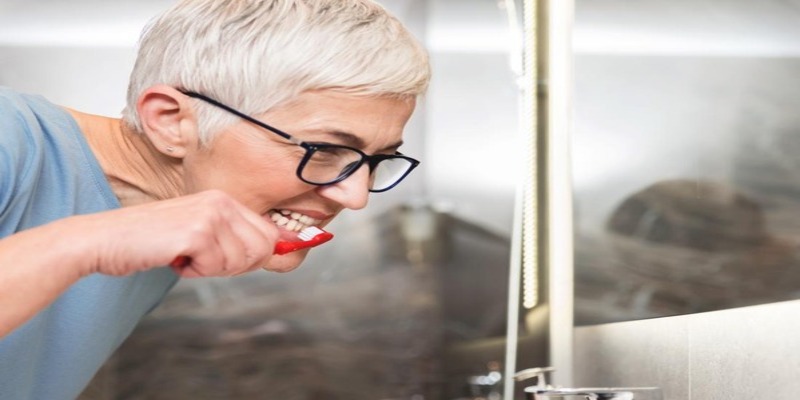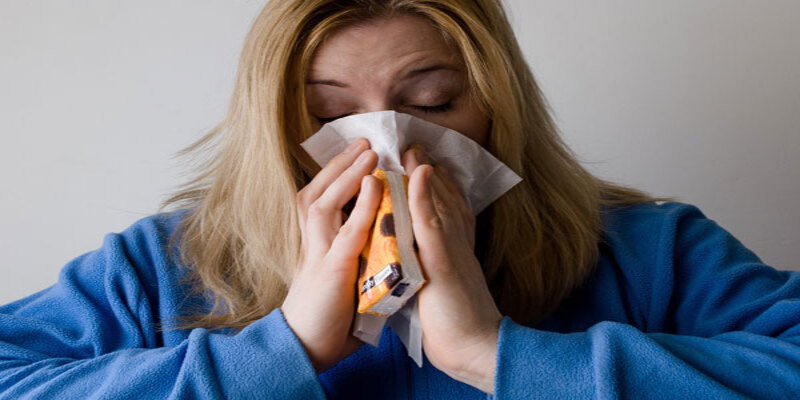
When it comes to bleaching teeth, is hydrogen peroxide safe to use? Every home has a bottle of hydrogen peroxide stashed away somewhere. If you have comet cleaning powder and rubbing alcohol on hand, the brown bottle will stand out.
Hydrogen peroxide is a common household product. Because of its adaptability may be used for various purposes, including disinfecting cuts, deodorizing upholstery, and lighting hair. Some people take it specifically to remove the yellowing from their toenails. To de-yellow your teeth, should you use it?
What Exactly Does Hydrogen Peroxide Do?

Hydrogen peroxide, or H2O2, is a very powerful substance due to its rapid oxidation upon contact with air. Even though the oxidation process is efficient at killing bacteria, it is destructive to the cell wall and almost any other substance it comes into contact with. As a result, hydrogen peroxide is a really powerful chemical.
However, carbamide peroxide, a peroxide-based chemical, is used in many in-office and at-home treatments for whitening teeth. Carbamide peroxide works to whiten teeth by decomposing into hydrogen peroxide and urea, the latter of which acts as an acid to loosen stains on the teeth.
It's natural to wonder, "But wait, doesn't acid create cavities?" What this isn't is excellent for your teeth. I could fill my tooth cavity with Pepsi. Don't give up on teeth whitening just yet.
There is only around 10% carbamide peroxide in the whiteners sold at CVS or used in our office. The American Dental Association approves whiteners containing up to 10% peroxide. A concentration of more than 10% is dangerous, as it can cause enamel to erode.
What About The Things In The Brown Bottles?
There is a good chance that you know someone who does the hydrogen peroxide swish we outlined previously with the brown bottle from the shop. Hydrogen peroxide "whitening fads" have been popular in dental hygiene routines for the past sixty years.
You may safely rinse your mouth with hydrogen peroxide bought at the supermarket because its concentration is typically around 3%. Hydrogen peroxide makes up only 3% of this solution, making it extremely unstable.
However, prolonged use of low-dose or high-concentration peroxide can irritate the mouth's gums, tongue, and roof. Hydrogen peroxide is toxic and can destroy your esophagus and other internal organs if you accidentally ingest it.
As it turns out, hydrogen peroxide in a brown container doesn't even work to whiten teeth. Although it may eliminate certain periodontal bacteria, it also disturbs the delicate balance of your mouth's native flora.
What Does Science Suggest?
What you need to know is as follows. The 3 percent concentration on most hydrogen peroxide bottles sold in supermarkets and drugstores is far too low for serious cleaning or disinfecting tasks. Commercial whitening treatments use varying concentrations of hydrogen peroxide, with some containing as much as 10%.
Researchers have found that diluting hydrogen peroxide before using it to whiten teeth is beneficial. Too high of a concentration harms your teeth' enamel or protective layer. Extracted human teeth were treated with diluted hydrogen peroxide solutions of 10, 20, and 30 percent in a 2007 study.
Researchers discovered that the teeth were damaged more by solutions with a higher concentration and by exposing teeth to hydrogen peroxide for longer periods. This data implies that less severe tooth damage can be avoided by using hydrogen peroxide treatments of lower concentration for shorter durations.
Is There Any Negative Reaction?

Using hydrogen peroxide, whether in a store-bought solution or on your own, has been linked in many studies to tooth decay and damage. The potential for injury grows when:
- use a very concentrated hydrogen peroxide solution
- Be sure to let the hydrogen peroxide sit on your teeth for a while.
- If you overuse hydrogen peroxide on your teeth, it might cause permanent damage.
If you want to use hydrogen peroxide to whiten your teeth, you should consult your dentist first to determine the best approach and application schedule. Hydrogen peroxide can cause sensitivity in your teeth, making them more susceptible to cold and hot temperatures.
Is It OK To Use Hydrogen Peroxide On Your Teeth?
You probably already have some hydrogen peroxide because it's a cheap and common home product. It can be an efficient method of tooth bleaching if applied properly. Incorrect usage, such as when the concentration is too high, or the product is used too frequently, can cause severe and costly tooth damage.
Using hydrogen peroxide to whiten teeth is a viable option, but it should be cautiously approached. If you're worried about how teeth whitening can affect your oral health, you should consult a dentist.



